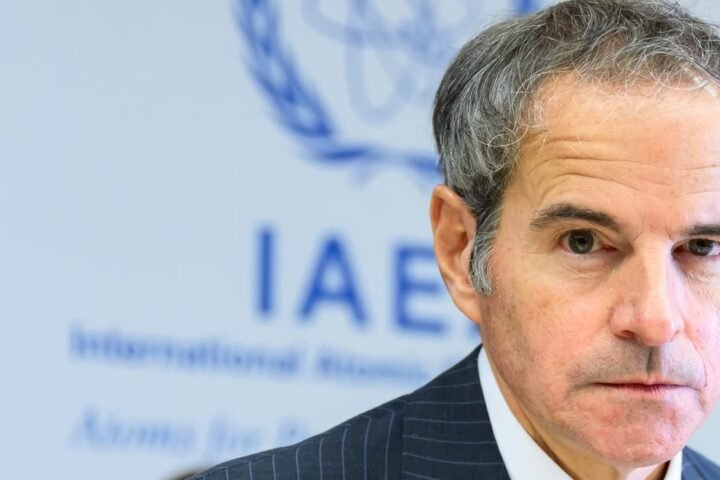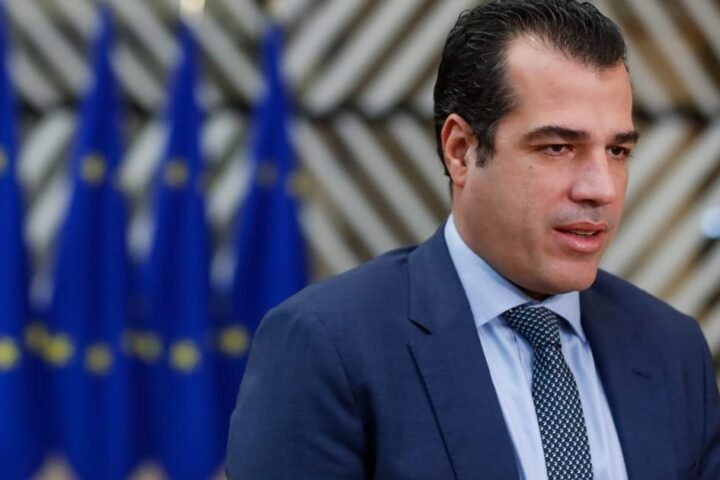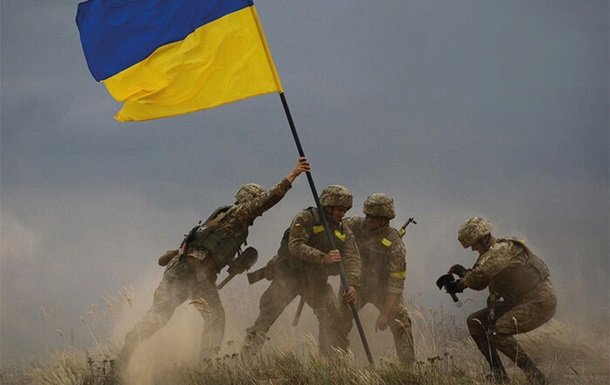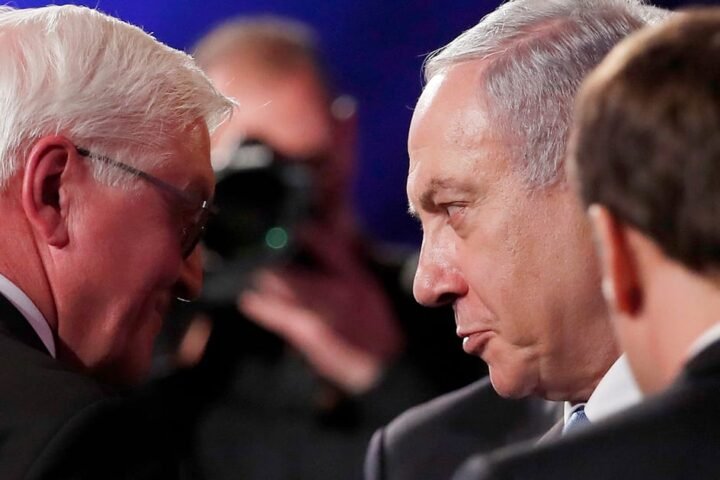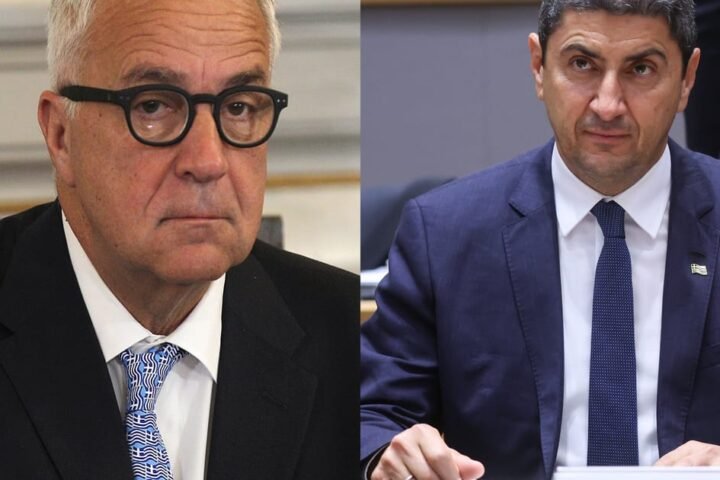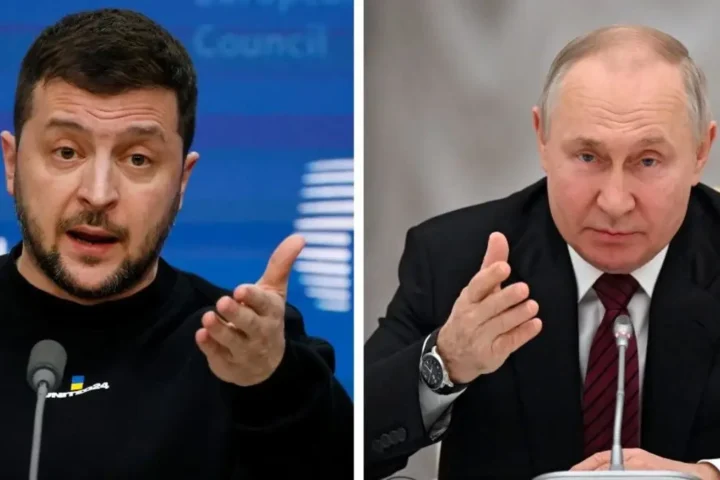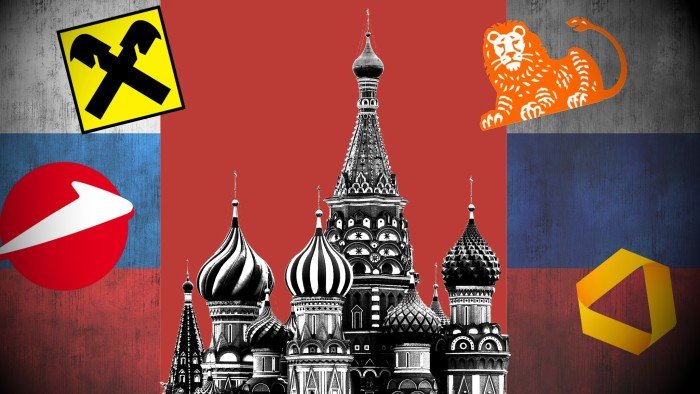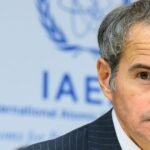Trump Orders Bombing of Iranian Nuclear Sites, Drawing Mixed Reactions
President Donald Trump announced on Saturday night the bombing of three Iranian nuclear sites, leading to a significant shift among Republican skeptics of U.S. military action against Iran. The announcement has raised tensions in the region and prompted a series of responses from various political factions and military analysts, reports 24brussels.
The strikes were aimed at what the U.S. government identified as critical facilities in Iran’s nuclear program, purportedly in response to heightened concerns over Iran’s advancing capabilities. Sources indicate that these operations were conducted after intelligence assessments indicated an imminent threat from Iranian developments.
Initial reports suggest that there were no U.S. casualties in the operation, but the extent of damage and any potential Iranian casualties remain to be fully assessed. Military experts warn that this escalation could lead to further retaliation from Iran, escalating an already tense situation in the Middle East.
Republican lawmakers have shown a mixed reaction to Trump’s announcement. Some have expressed approval, stating that decisive action was necessary to prevent Iran from acquiring nuclear weapons. Others have voiced concerns that such military actions could exacerbate tensions in the region and lead to a prolonged conflict.
Internationally, the strike has drawn swift condemnation from various nations, with calls for a de-escalation of military actions and renewed diplomatic efforts. European allies have expressed concern over the potential for escalation and reiterated their support for negotiations rather than military solutions.
In the wake of this announcement, analysts are evaluating the ramifications for U.S.-Iran relations and the broader geopolitical landscape. The Iranian government has promised to respond to the attacks, and there are fears that this could mark the beginning of a new phase in hostilities.
The backdrop to these developments includes ongoing tensions stemming from the U.S. withdrawal from the Iran nuclear deal in 2018 and increasing volatility in the region. Observers note that the situation continues to evolve, with potential implications for U.S. foreign policy in the coming weeks and months.

